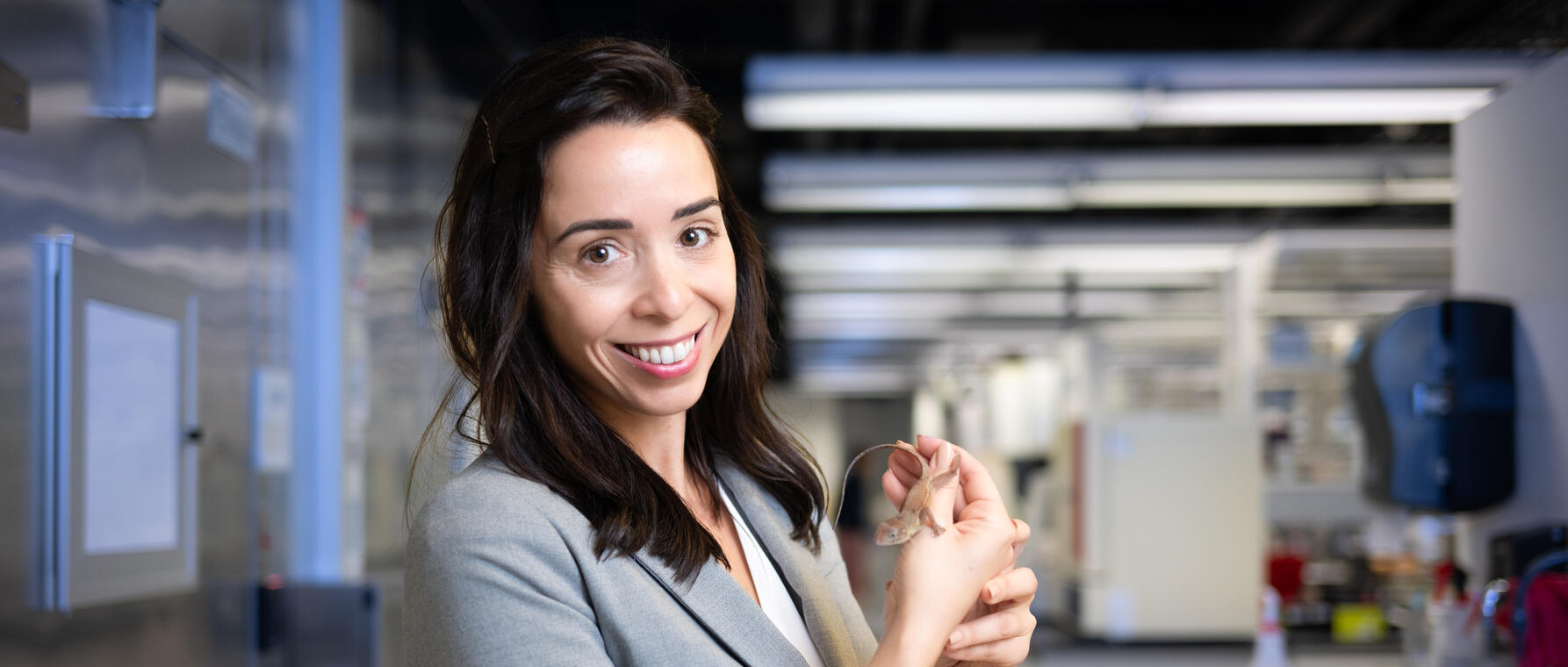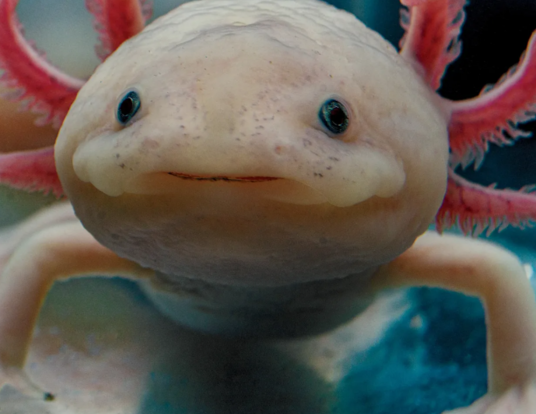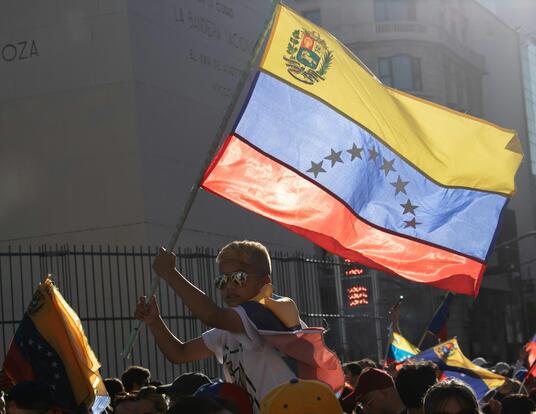It's hard for Martha Muñoz, PhD ’14, to say what she was thinking when she found out she'd been named a 2024 MacArthur Fellow. She was too busy trying to stay upright.
“I was on my feet when the foundation called my office to tell me,” says Muñoz, now an assistant professor of ecology and evolutionary biology at Yale University. “The wind was taken out of me and I actually fell to the ground. It was one of those rare moments when your brain goes numb. It was overwhelming to know that my work has resonated with talented, successful, amazing scientists so much that they would nominate me.”
Often referred to as a “genius grant,” the fellowship from the John D. and Catherine T. MacArthur Foundation supports Muñoz’s extraordinary work on how behaviors and physical traits influence evolutionary processes. Through a mix of fieldwork and laboratory experimentation, the scientist is gaining new insight into the way that species adapt to different environments and circumstances—with implications for how we understand the impact of climate change on the natural world.
Muñoz’s work adds a new dimension to scientists’ understanding of evolution, revealing that organisms are endowed with the capacity to shape not just the types of selection they experience, but also the intensity of that selection through their behavior.
“Simply by altering when they're active, where they're active, who they interact with,” Muñoz says, “organisms can in some cases shield themselves from natural selection. Conversely, organisms can also expose themselves to natural selection by interacting with new resources and entering new environments, accelerating evolutionary change. It's very much a two-way street.”
By providing $800,000 in “no-strings-attached” funds over five years, the MacArthur Fellowship gives Muñoz the capacity to think big, take risks, and spend time collecting data that makes for robust theory. “It's how academia is supposed to work,” she says. “Here's what we think is going to be right. Here's some preliminary data. Please allow us the funding to pursue an idea that has incredible value.”
The MacArthur Foundation, headquartered in Chicago with international programs in India and Nigeria, is committed to building a more just, verdant, and peaceful world. Its Fellows Program, established in 1981, aims to identify and support extraordinarily creative individuals whose work has the potential to benefit society in profound ways.
The Fellows Program selects recipients based on three criteria: exceptional creativity, a track record of significant accomplishments, and the promise of future advances facilitated by the fellowship. Its goal is to cultivate the next generation of innovators, highlight the importance of imaginative thinking, promote risk-taking in addressing societal challenges, and influence how people perceive creativity. The fellowship is not a lifetime achievement award but an investment in individuals' originality, insight, and potential to make transformative contributions to their fields and society.
Banner image courtesy of the MacArthur Foundation.






